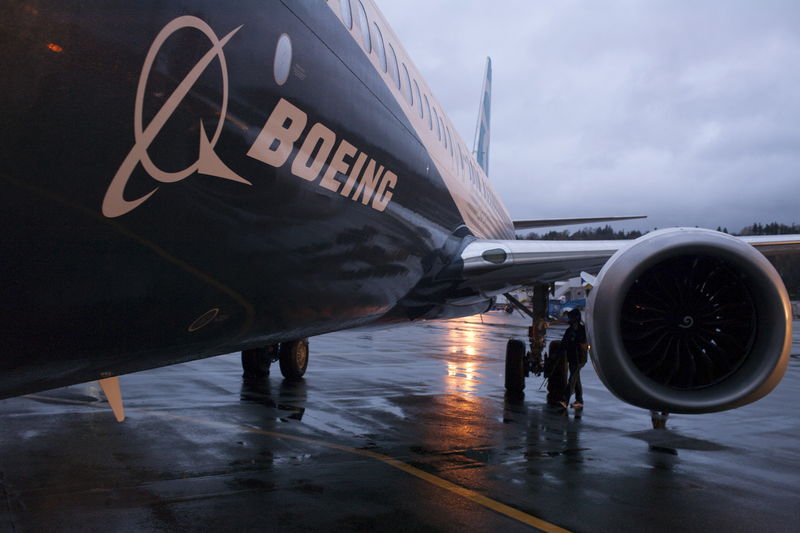This post was originally published on this site
https://i-invdn-com.investing.com/trkd-images/LYNXMPEJ4U035_L.jpg
(Reuters) – A U.S. judge ruled late on Tuesday that relatives of those killed in a 2019 Boeing (NYSE:BA) 737 MAX Ethiopian Airlines crash may seek compensation for pain and suffering of passengers before the plane hit the ground.
Boeing in 2021 agreed to acknowledge liability for compensatory damages in lawsuits filed by families of the 157 people killed in the fatal Ethiopian 737 MAX crash. In February, the U.S. planemaker sought to exclude any evidence of pain and suffering that passengers may have experienced before the crash.
“There is sufficient evidence to support a reasonable inference that these passengers experienced pre-impact fright and terror, and that experience is part of the ‘process or manner of death,'” U.S. District Judge Jorge Alonso in Illinois wrote in his ruling, rejecting Boeing’s motion.
Boeing did not immediately comment.
Alonso added a jury could reasonably infer from evidence that the passengers “perceived that they were going to crash, horrifically, to their certain death.”
A total of 346 people were killed in two fatal Boeing 737 MAX crashes – including the earlier October 2018 Lion Air crash in Indonesia. The Ethiopian Airlines crash prompted the worldwide grounding of the MAX in March 2019 for 20 months, costing Boeing more than $20 billion.
As a result of the 2021 agreement, lawyers for the Ethiopian Airlines victims agreed not to seek punitive damages and Boeing did not challenge the lawsuits being filed in Illinois. As of early May, cases involving around 80 victims had been settled leaving around 75 pending. The first of a series of trials is set for June 20.
Lawyers for the victims said in a court filing “there is
no dispute that passengers and crew members were conscious and fully aware that the plane was plummeting before it actually crashed at nearly 600 mph.”
U.S. District Judge Reed O’Connor in Texas separately ruled last year the 346 killed in the 737 MAX crashes were legally “crime victims” and wrote “Boeing’s crime may properly be considered the deadliest corporate crime in U.S. history.”
A 2021 U.S. Justice Department agreement with the planemaker gave Boeing immunity from criminal prosecution over fraud conspiracy charges related to the plane’s flawed design. In return, Boeing paid $2.5 billion in fines and compensation to the government, airlines and a crash-victim fund.


